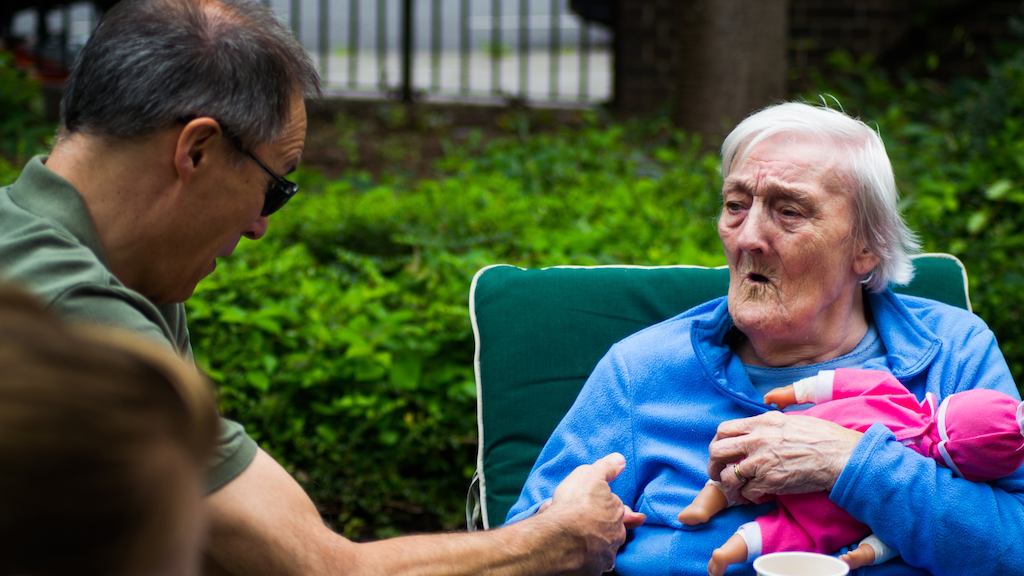Today, 7.6 million people work as unpaid carers for a family member or friend. Around a quarter of people aged 45-64 are carers, and even that’s an underestimate. These people are brilliant. Between them, unpaid carers contribute not only vital psychological and social support to their loved ones but also a massive £132 billion to the economy every year. Yet, all too often, their invaluable contribution is overlooked.
Carers Week is an opportunity to celebrate this contribution, but it must also prompt us to think about how we can better support and value carers. Caring can be hugely rewarding for those who do it but often takes a huge physical and emotional toll.
Carers UK reports that two in five carers haven’t had a day off in over a year. Too many carers sacrifice their own health, miss out on financial security and lose relationships because of the pressures that caring places on them. And as estimates suggest that a million over-65s will need round-the-clock care by 2035, the need for carers will only rise.
The Care Act 2014 was revolutionary in introducing new rights for carers in England, including a focus on promoting wellbeing, a right to a carers’ assessment based on appearance of need, and a formal right for those needs to be met. But carers still face serious inequalities in accessing essential services, maintaining social connections and enjoying the support network these things provide.
It’s crucial that local authorities take account of the results of carers’ assessments and deliver on support where it’s needed, both on an individual and a systemic basis. Carers, those who receive care and older people need to be part of the conversation when new business models, services and products are designed.


